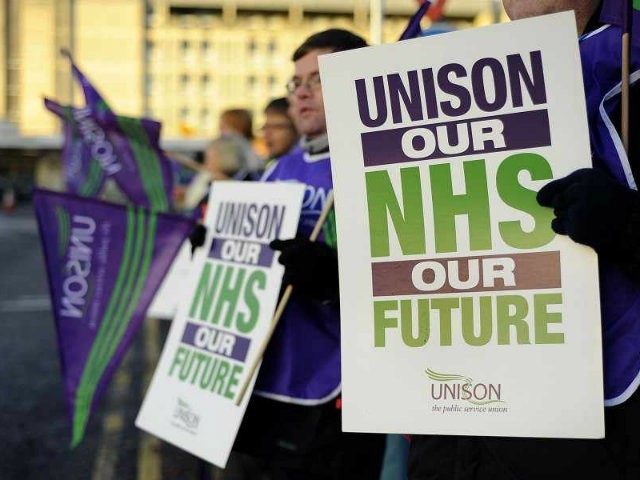Editor’s note: in this comment piece Matt Ridley calls for a radical new private-sector ethos for Britain’s state healthcare service. It first appeared in today’s edition of the Times.
The latest report into Jimmy Savile’s astonishing freedom to roam the wards of Stoke Mandeville hospital will not lead to the end of the National Health Service. Nor will the forthcoming report that apparently finds a “systemic cover-up” of the unnecessary deaths of babies and mothers at University Hospitals of Morecambe Bay NHS Foundation Trust between 2004 and 2013. The NHS itself will survive these scandals, as it survived the Mid Staffordshire hospitals scandal of 2005-2008. The immortality of large public-sector monopolies is a given.
Likewise, although the Jimmy Savile affair has caused crises and resignations at the BBC, nobody for a moment believed that the BBC itself would close. But why not exactly? Private firms that get into this much trouble generally do vanish, by takeover or bankruptcy. Castlebeck, the company that ran the Winterbourne View care home where scandalous treatment was exposed in 2011, went into administration two years later. Pollypeck, Enron and Barings no longer exist.
Of course, neither the BBC nor the NHS deserve to be shut down because one criminal was allowed free rein by one set of managers in years past. There are plenty of good people in the NHS and the BBC who do not deserve punishment for the sins of others (though the same was true of Barings). But private companies know they have no guarantee that they will continue to exist — and it affects the way they behave.
Perhaps a form of mortality for public bodies would be a good idea. After all, knowing what we do about self-justification in public bodies, the NHS and the BBC might well be on course to last as long as the Church of England.
Indeed, as this analogy suggests, it is not just that public institutions survive scandals; they continue to be admired. The NHS is generally considered an object of devotion. We are touchingly grateful that it saves lives, even though that is what we pay it to do, through the nose. The terrible cruelty and chaos of the Mid Staffordshire and Jimmy Savile affairs does surprisingly little to tarnish the halo, as the coming election campaign will demonstrate.
The BBC, despite experiencing “a succession of disasters of its own making” remains “a widely admired and trusted institution”, in the words of John Whittingdale, chairman of the House of Commons culture, media and sport committee. His committee recommends continuing to pay for the BBC through a flat tax on televisions that hits the poor relatively harder, even though that is “becoming harder and harder to justify” in the internet age.
Amid plenty of dross, the BBC makes some fine programmes — but so it should with £4 billion a year in predictable income. The NHS provides some fine care and cure — but so it should with £100 billion a year in guaranteed income. Aldi, Morrisons and Waitrose reliably provide lots of remarkably affordable and often fine food without any guaranteed income but we don’t treat them with devotion. Quite the reverse: we moan about them.
Read the rest at the Times

COMMENTS
Please let us know if you're having issues with commenting.